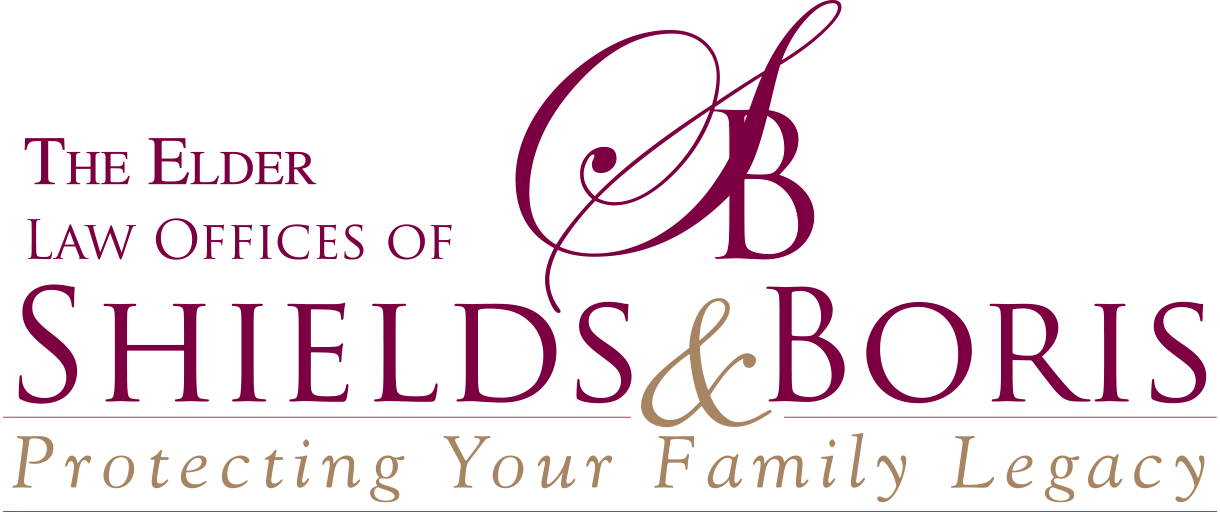Plan Your Retirement Budget Now With These Tips
Posted on August 8, 2022 by shieldsandboris
You’ve heard that you need to plan your finances for your retirement and having a budget for retirement can help ease your stress about your finances in your golden years. There are many things that can impact your retirement income including inflation, investments and savings, rate of return, spending, taxes, pensions, part-time earnings, and social security just to name a few.
However, there is one of those that you have significant control over – your spending.
While it can be tempting to spend that sizable nest egg you have saved for retirement so you can start checking off your bucket list, over-spending can be dangerous for your finances. Creating a good, detailed budget can help that nest egg last for years to come.
Finding Fixed Expenses
Start planning your budget by gathering your credit card statements, pay stubs, and bank account statements for the last year, as well as last year’s tax return. Sort through these documents for recurring monthly, quarterly, and annual payments and highlight them. Next, divide those highlighted expenses into the following categories:
- Essential spending – This includes food, housing, utilities, transportation, clothing, and healthcare.
- Non-essential spending – This will include things such as cable television, gym memberships, cell phones, streaming services, and other subscriptions.
- Non-monthly required expenses – This category will include expenses such as insurance premiums, property taxes, car registration, and home warranties. Add this category of expenses up and divide them by 12 to calculate their monthly cost in your budget.
Account for Healthcare
If you have been lucky enough to have an employer that pays for your health insurance, keep in mind that this may become your expense after you retire. If you retire before you turn 65, you will have to explore healthcare options available to you before Medicare starts. Include an estimate of those expenses into your budget. Don’t forget to include hearing, vision, dental, and medication costs.
Don’t Forget Fun
Discretionary spending, or fun stuff, is the flexible part of your budget that will include things like outings with your grandkids, travel, and other entertainment. Determine how much you think you will want to spend on those activities and figure that into your budget. You also need to consider how your hobbies and lifestyle may change after your retirement. Will they impact your spending?
Fixed vs. Flexible Costs
Now that you’ve gathered all of your estimated expenses, calculate what is fixed and what is flexible. Total all of your fixed expenses then total all of your non-fixed expenses separately. Divide your fixed expenses into your total expenses. What percentage of your retirement income goes toward your fixed expenses and what goes toward your non-fixed costs?
As a general rule, you will want more fun in retirement, so try to find ways that you can lower your fixed expenses so you can have more money in your flexible funds to spend on the things you enjoy most.
We specialize in educating and helping you protect what you have for the people you love the most. Contact us to learn more about how we can help you and your family.




